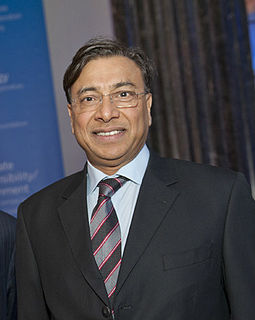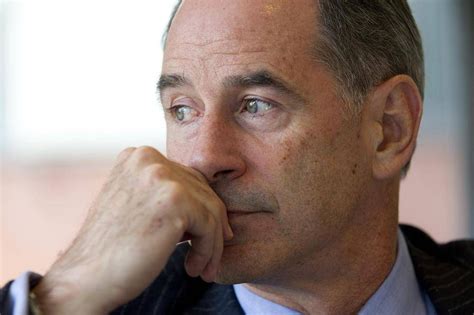A Quote by Punit Renjen
Creative tension is constructive. Its purpose is to bring out the very best in management so that senior executives can generate the greatest value for shareholders, stakeholders, and society at large.
Related Quotes
Non-violent direct action seeks to create such a crisis and establish such creative tension that a community that has constantly refused to negotiate is forced to confront the issue. It seeks so to dramatize the issue that it can no longer be ignored... I am not afraid of the word tension. I have earnestly worked and preached against violent tension, and there is a type of constructive tension that is necessary for growth.
The fundamental purpose of design thinking is to produce something that does not now exist. And so it is with integrative thinking - in the face of conflicting models, it seeks to generate a creative resolution of the tension in the form of a model that contains elements of each but is superior to both. So the goals are aligned completely.
There are questions as to whether it should even exist. Who should corporations be responsive to, the management of a corporation? Theoretically they are responsive to the shareholders, but I why not to the so - called stakeholders, the work force and the community? Nothing in economic theory opposes that. Those are social and political decisions.
I believe Washington should be a more active participant focusing on the issue of why corporate shareholders and mutual fund shareholders are not given fair treatment by corporate management and mutual fund management. We need to develop a national standard of fiduciary duty to ensure that these agents, if you will, are adequately representing the principles - pension beneficiaries and mutual fund shareholders - whom they are duty bound to serve.






























